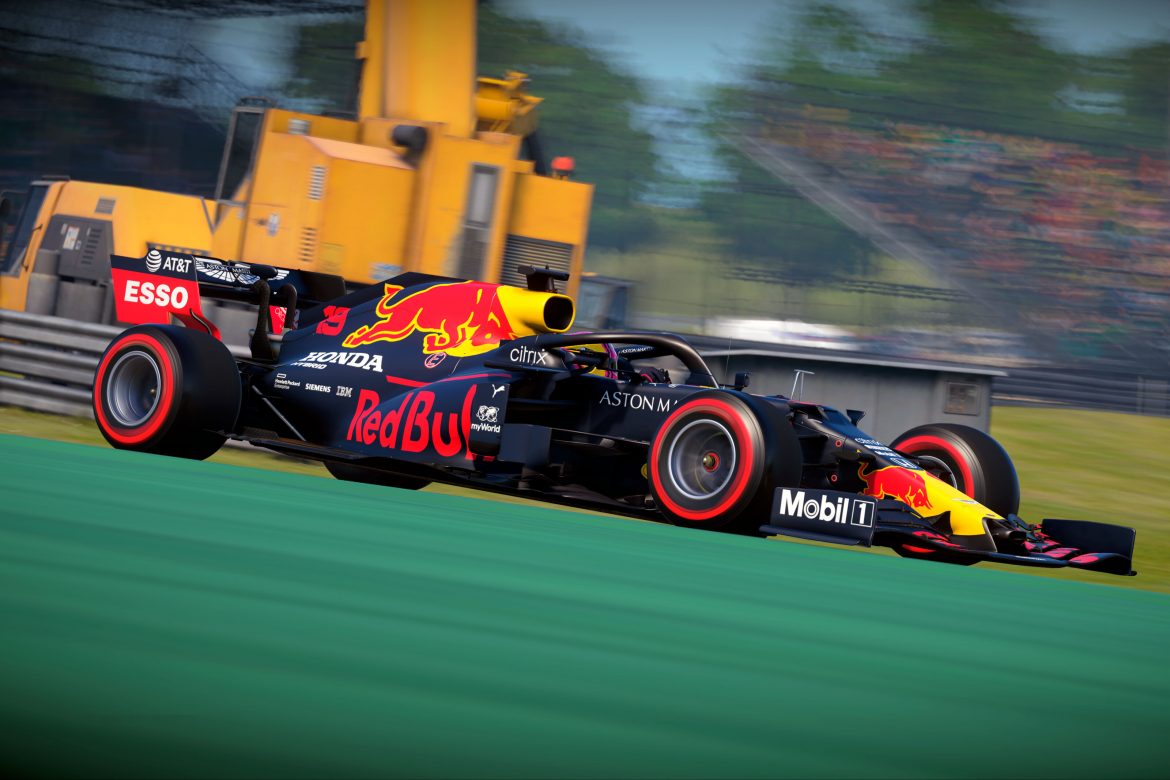For more than two years I have been working with the objective of talking with representatives of Formula 1 to anticipate a green transition solution for fuel in the main category of motorsport. We have developed an advanced biofuel to be produced in our future biorefinery in Paraguay that is ideal for the moment that this sport lives: the Naphtha Omega Green®.
So I was very happy to read two publications at the turn of the year that involve the universe of Formula 1 and that show that my purposes are in line with the current thinking that begins to be manifested in the pits and backstage of F1.
They demonstrated that the topic of advanced biofuels definitely entered the agenda of the main world automobile category.
In November, Formula 1 and the International Motoring Federation (FIA) had already announced the search for an ideal sustainable fuel for 2023. F1’s goal is to become a carbon-neutral organization by 2030.
A first initiative in this direction was indicated in the article “Red Bull studies the construction of its own engine”, by Kadu Gouvêa, published in F1 Mania.
The team is thinking of building its own Formula 1 engine, when a new set of regulations is introduced in 2025 or 2026, and that it will have “the introduction of a more simplified power unit powered entirely by biofuels”.
Excellent this news that reveals that one of the main teams of the category already considers in its planning the injection of 100% of biofuels in its engines, replacing entirely the fuel of fossil origin.
This decision serves as a reference for society to recognize that green diesel can offer enough power to boost the main speed machines on the planet. It is an important showcase to stimulate a solid advance of advanced biofuels on the energy matrix of each country.
This role of example that Formula 1 has on achieving the main advances adopted by the auto industry is urgent in the opinion of four-time champion Sebastian Vettel.
In a report published on the Grande Premio website (www.grandepremio.com.br), written by Pedro Henrique Marum, Vettel criticizes F1’s delay in addressing the environmental issue. His fear is that the category will become irrelevant in this regard.
Innovation is the key to F1
The superchamp driver believes that Formula 1 must always be at the forefront and the mandatory 10% biofuel mix from 2022 onwards is very little for the relevance of this transition.
“It is not an innovation [the 10% biofuel]. Why is F1 so far behind? There is a great opportunity to really ensure [F1] exists, but this is being ignored,” he told the Frankfurter Allgemeine newspaper.
Vettel also highlighted a very important aspect: “I believe that it is precisely this pioneering role that can guarantee the survival of our sport. We have the most efficient internal combustion engine in the world, but it is of no use to the world, because the way we use will never serve for series production “.
“The seriousness of the situation is not being understood. This is frustrating. We know all of this, but we do not act. That is how we will seal our disappearance until irrelevance”, he concluded.
Naphtha Omega Green® is the solution
I am sure that we can contribute to this process with a solution that will be produced in our enterprise under development in Paraguay (read more here), a registered trademark of the ECB Group: Naphtha Omega Green®. It can play a key role in this transition.
The product is produced by hydrotreating fats and oils (through the application of hydrogen and catalysts). It has a higher energy density than ethanol, making it suitable for use in mixing gasoline, as well as fuels developed especially for racing cars, which is exactly the case with Formula 1.
And one more advantage: it can be produced from animal waste (fats) and recycled oils, which enhances the environmental and sustainability gains in the end-to-end chain.
And for Formula 1 lovers, the Naphtha Omega Green® can bring back the roar characteristic of the old V10 (explosion engine configuration that has ten cylinders arranged in two rows of five cylinders) back on track, with the same performance , with reduced greenhouse gas emissions, more air quality and health for all.
This is the ideal answer to place once again the main category of speed as a reference for the sustainability process that we seek in the energy matrix.
By associating the product with one of the main automobile competitions in the world, Formula 1 will be an important reference for a biofuel that offers a model of sustainable urban mobility.
In this scenario, both the bold initiative of Red Bull and the courageous demonstration of Sebastian Vettel add to the important voices of the sports segment supporting this transition and bringing credibility to biofuels.
I am sure that F1 and FIA will play their important role in this transition that benefits us all.
Photo: Oleg Sadovnikov / Red Bull


1 comment
A Fórmula 1 sempre notabilizou-se pela inovação tecnológica e, o desejo de ser exemplo no uso futuro do o combustível verde, será um grande passo na busca da sustentabilidade, seja nas competições como na mobilidade urbana, entre outros como na aviação comercial.
Mais um passo importante e louvável tanto quanto necessário.